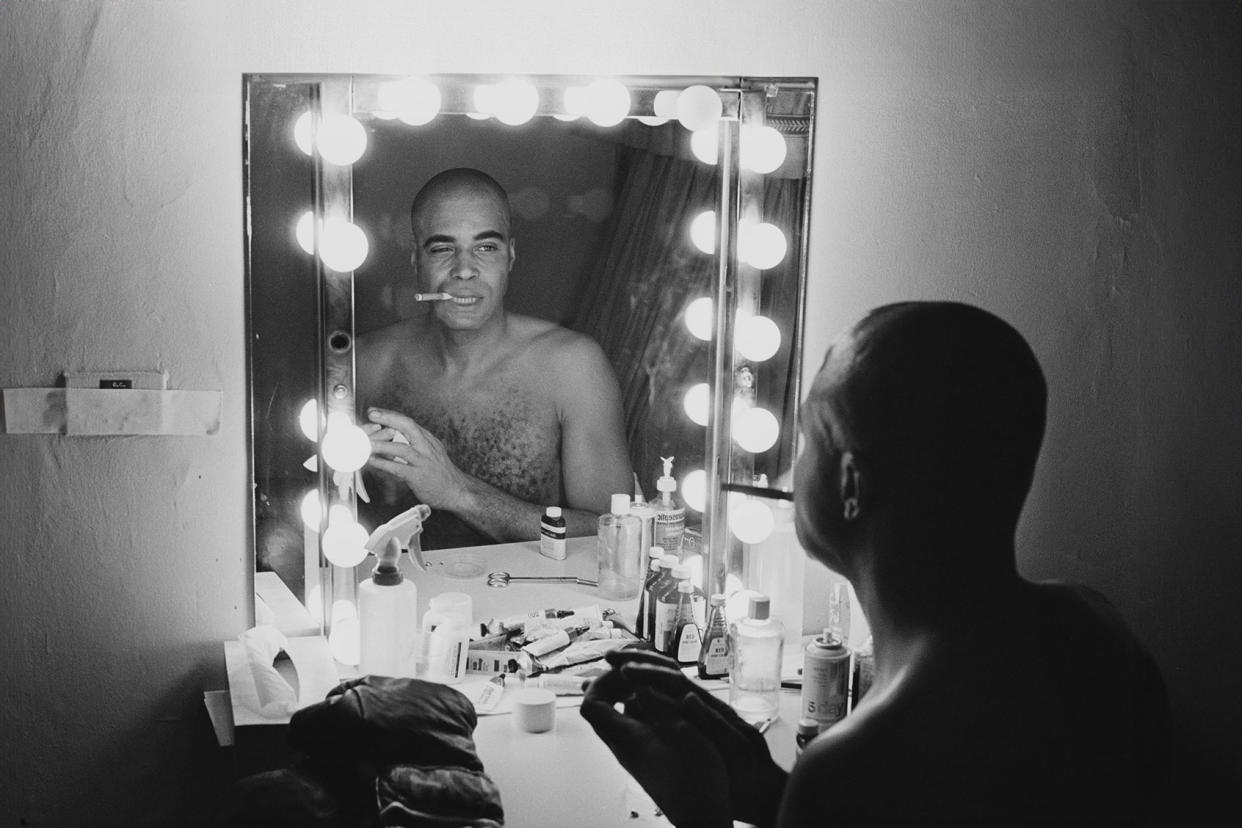From "Star Wars" to "Fences," we've lost a universal voice and noble presence in James Earl Jones

James Earl Jones introduced me to August Wilson by way of his play “Fences.” Our acquaintance was forged indirectly and vicariously, I should say, through my mother. In 1986, Mom was a season ticket holder with the Goodman Theatre in Chicago, where Jones starred in a pre-Broadway run of Wilson’s plan.
Mom attended a lot of Goodman productions, but Wilson’s play is the only one she couldn’t stop talking about for years, due to the writing and Jones’ anchoring presence. “Fences” was the playwright’s third production, and by the mid-‘80s, Jones was already a bonafide star, having completed his arc as Darth Vader in the first “Star Wars” trilogy and played Alex Haley in the groundbreaking miniseries “Roots” and “Roots: The Next Generation.”
Darth Vader wasn’t Jones’ first father role for the big screen; in John Berry’s 1974 feature “Claudine” he co-starred with the late Diahann Carroll as Roop Marshall, a charming municipal waste collector who falls behind on child support.
Thanks to George Lucas tapping in to provide the voice of the films’ great villain, however, he held separate identities in the minds of children and their parents. To the young, his voice could be synonymous with authoritative menace or vast warmth, depending on the circumstances of their first encounter. His cameo on "The Big Bang Theory" encapsulates both sensations in a single, wonderful interaction.
Of all of his performances, this one is my favorite ????
Rest in peace James Earl Jones ?? pic.twitter.com/xt2mNQwgQN— Meteorologist Katie Nickolaou (@weather_katie) September 9, 2024
“Fences,” I came to understand much later, provided Jones an opportunity to originate another kind of father, Troy Maxson, burdened with a different type of destiny. Wilson’s lead is a working-class Black man, a former Negro league superstar whose dreams festered when baseball’s color barrier prevented him from rising into the big leagues.
In his remembrance of Jones, a Grammy, Emmy, Tony and honorary Oscar winner who died Monday at the age of 93, Chicago Tribune critic Michael Phillips recalls the actor explaining Troy Maxson’s appeal in their long-ago conversation. “This is a character who comes on the stage representing something hopeful, especially for the Black female,” Jones said. “He’s a strong man who has the chance to make something happen right, rather than just (mess) up.”
Then he does mess up, Jones continues. “It’s the last thing they want to see,” he told Phillips, “because the audience has gotten pretty wrapped up in the play by then.”
This, at last, explains why my mother was so taken by Jones' performance. By 1986 she and my father were divorcing, and hideously. And there was Jones, a tower of a man, breathing warmth and dignity into this flawed man worked over by life but still trying. Still doing right by his children, which must have been the least of what she wanted from her dispiriting situation.
Memory is tricky, though, and perhaps that emotional context didn't enter her evaluation of the experience at all.
Either way, a scene from its Broadway performance is still making the rounds featuring Jones' Troy dressing down his son Cory – played by Courtney B. Vance, another incredible talent – for having the temerity to ask his father why he never liked him. Jones pours all his passion into his response, ensuring the scene is carved into whatever monument to stagecraft might exist. Denzel Washington played Troy Maxson in the movie version of "Fences" in 2016, and if you thought his work was excellent, that's probably because he had a mountainous standard to meet.
